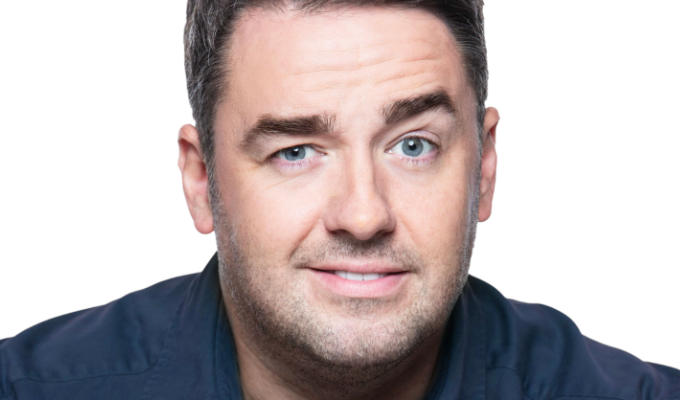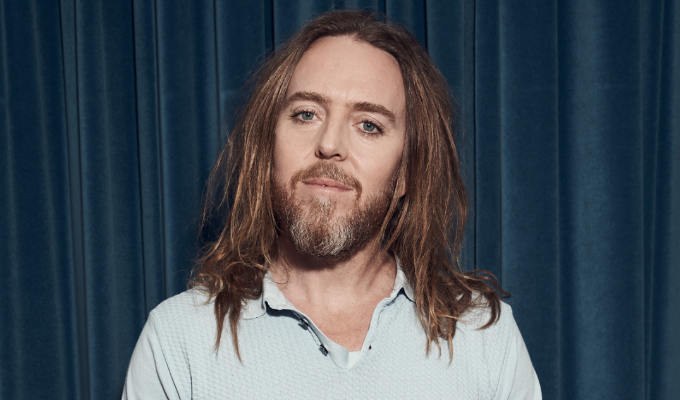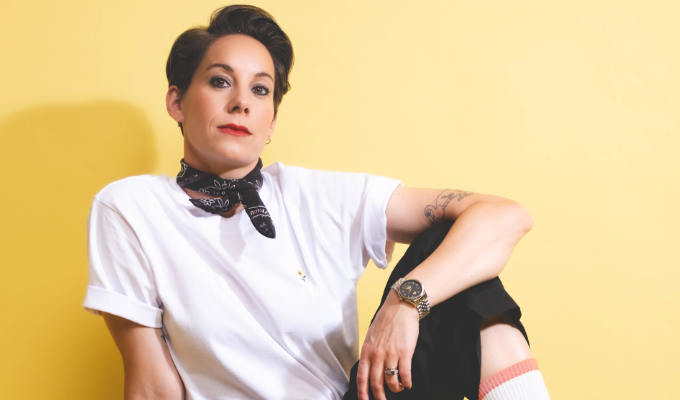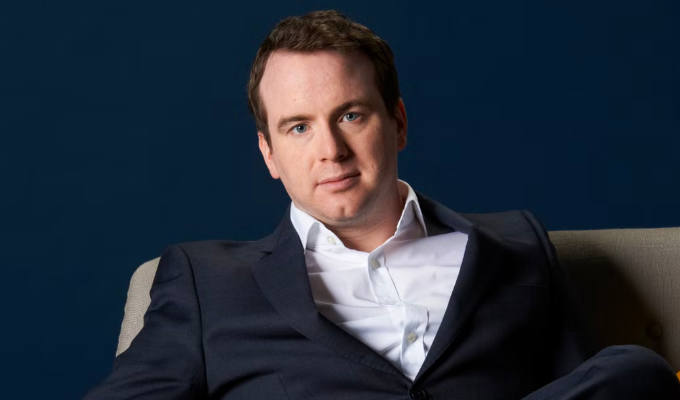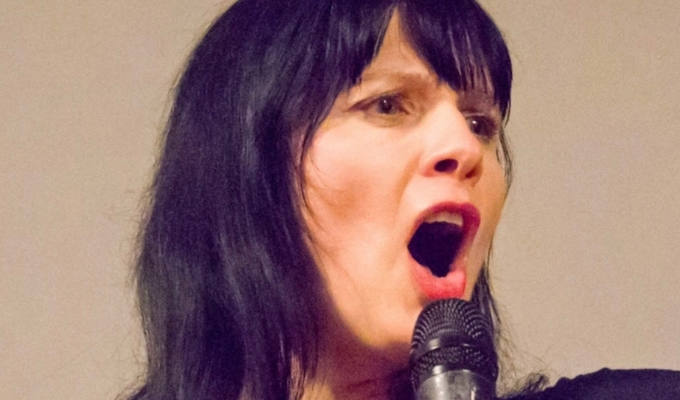
There is danger in using trauma as entertainment
Lizzy Lenco on the pros and pitfalls of mining true life for art
One of the few things I remember about waking up in a hospital bed after my road traffic collision was a fellow comedian telling me, ‘well, at least now you’ve got your Edinburgh show’.
There is currency in trauma, perfectly evidenced by the recent Netflix success of Baby Reindeer. In comedy circles, there is a well know trope of the ‘dead dad’ show where a comedian utilises grief, personal growth and revelation in an attempt to connect with an audience.
Sometimes a comedian produces a thoughtful, insightful or inspiring piece of work. Sometimes it’s funny. Sometimes it’s just plain awful and the audience can’t wait to escape.
Baby Reindeer testifies to Richard Gadd’s storytelling skills. The narrative invites the viewer into his world, exploring the nuances of character and leaving us unsettled when we find ourselves sympathising with his stalker, disturbed by the abuse or even repulsed by the actions of the main protagonist. He draws us in, as the story unfolds, occasionally punching us in the gut with a shift in the tale, leaving us wondering what we would do in that situation .

There is a voyeurism inherent in using trauma as entertainment. It’s a well-known fact that a car crash will slow the traffic in both directions, as those on the other side stop to look. We may try to convince ourself that we are watching Casualty or ER for education, the truth is we find horror compelling.
One of the most popular Netflix shows of 2022 was a dramatised account of a serial killer. Some argue that we risk becoming desensitised to things happening on screen, others raise concerns that we are making entertainment at the expense of victims.
Following the BBC dramatisation of the crimes committed by Jimmy Savile, the Survivors Network highlighted the potential to retraumatise survivors of childhood sexual abuse.
There are moments when exploration of trauma can lead to uplifting on-screen moments. My favourite episode of Sex Education depicts six young women bonding over shared trauma and coming together to support recovery.
When we find the human element in our stories, we move beyond trauma as titillation and offer recovery from trauma as encouragement.
What we can’t do, however, is expect our audience to be our therapists.
Following my car crash, I was lucky to work with comedian Angie Belcher, who specialises in supporting survivors of trauma through comedy.
Working on my stage persona enabled me to address the loss of identity that had come from my injuries, particularly my eyesight loss. Over time, it has also helped me identify which traumatic events could be shared for positive outcomes, and those that need to be kept between me and my neuropsychologist.
Humour is a valuable coping mechanism in times of trauma. Sharing our stories honestly enables other survivors to feel less alone. It can also lead to a shift in how we view others and occasionally facilitate actual change in society. Sometimes, it can hurt people.
While many watching Baby Reindeer will identify with the survivor and recovery elements of the story, for many they were caught up in the ‘true crime’ nature of the series. Despite pleas from the cast not to go looking for the ‘real Martha or Darrien’ many were unable to look away, resorting to internet sleuthing or harassing those they believe they have identified.
In offering up trauma as entertainment, Baby Reindeer has created a hard-hitting, hard-to-turn-off series – but the first person narrative places the audience in the uncomfortable position of confidant. In that position it is only human nature to want to fix things or act as therapist. We are unable to do either.
In sharing traumatic experiences, whether we present ourself as victim, or survivor, we often find ourselves pointing the finger at a perpetrator. When we tell our story, we also tell theirs, but from our perspective.
At 6pm one Sunday evening I set off on the drive home, my life intersected with a young man who was ‘under the influence’ and by 8pm I was in intensive care. Although I have tried to understand his actions, I cannot. I can’t find meaning from it either. In my life story, he is a shadowy figure, a plot gap, The Bad Guy.
Perhaps the internet sleuths want to hunt out the real Darrien ‘The Bad Guy’ to protect others, or for justice. Maybe the reason so many watched the interview with the woman who has been identified as Baby Reindeer’s real Martha, is a desire to hear her side of the story. It could be a need to understand her motivations, or it could simply be that they can’t help butlook at the car crash.
When we put our trauma into the public domain, we lose our story. It belongs to the viewers and their kaleidoscope of experiences and reactions.
In sharing his trauma, Richard Gadd has encouraged survivors of abuse to seek support, he has raised awareness and opened up a dialogue but, he has also opened up wounds, drawn others into his narrative and stirred up anger that could result in litigation or genuine harm. There is danger in using trauma as entertainment. Danger to ourselves and danger to others.
So, yes, I’ve written an Edinburgh show about my near-fatal accident because I’m a comedian, and it’s what we do. I’m still trying to make sense of it all, and my opinion might change again by August.
I’ve focussed on my recovery, not my trauma. It’s not about the drunk who drove into me. I don’t point fingers, or share too many graphic details. Instead, I offer audiences the hope that comes from recovery. I offer them things they can fix, advice like ‘don’t drive under the influence’ and ‘don’t push a wheelchair without asking’.
We talk about cake, bodily functions and the importance of our favourite songs. As for the trauma, please drive on, there’s nothing to see.
• Lizzy Lenco is a visually impaired wheelchair user as a result of her injuries and is touring her show Full Frontal Lobe about her car crash and recovery from traumatic brain injury, including a full run at PBH's Free Fringe @ Brewdog Doghouse at 3.45pm during the Edinburgh Fringe.
Published: 14 May 2024

